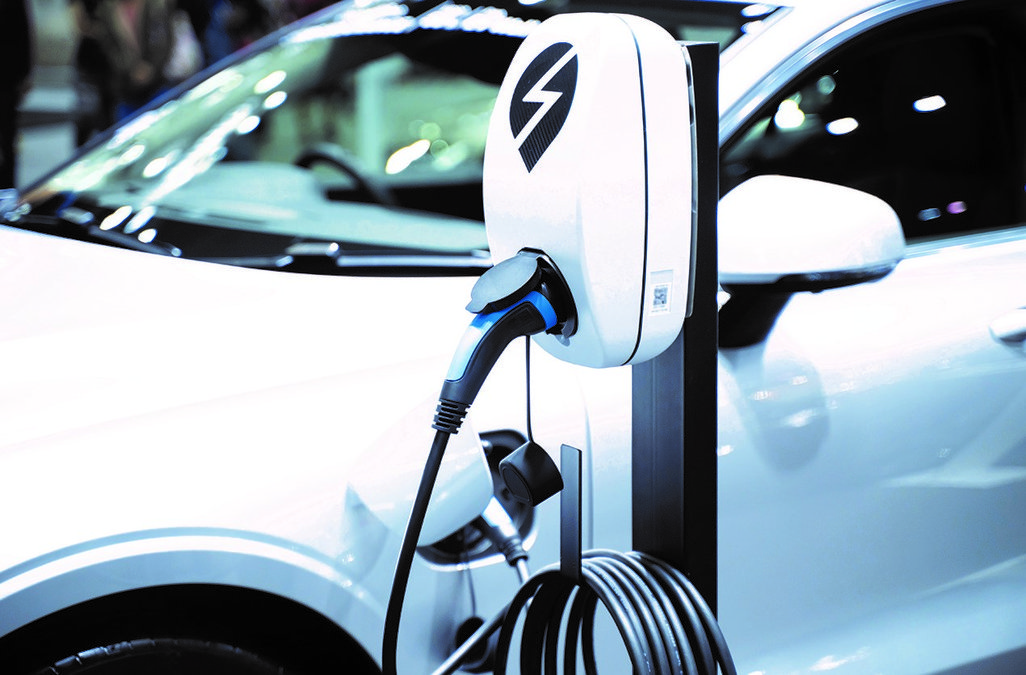Electric cars remain a novelty for millions of people who haven’t yet imagined the day when they’ll cut ties with combustion engines. That day might be coming sooner rather than later, and if it does it will mark the culmination of a history that’s longer than even some ardent auto enthusiasts may realize.
According to the U.S. Department of Energy, innovators in Hungary, the Netherlands and the United States considered battery-powered vehicles as far back as the early 1800s. Electric vehicles, or EVs, have gone through some considerable ups and downs since those early days, but reached a significant turning point in 2000, when the Japanese automaker Toyota released the Prius worldwide. The Prius was the first mass-produced hybrid electric vehicle and it paved the way for many of the modern EVs on the road today.
Despite the release of the Prius more than two decades ago, motorists may still have many questions about EVs. Perhaps the most common question about EVs concerns their batteries.
How long do EV batteries last?
Individuals may be hesitant to purchase their own EV out of a fear that the battery will not last as long as the standard combustion engine in more traditional, gas-powered vehicles. But the automotive experts at CarFax note that all EV batteries sold in the United States come with warranties that last for no less than eight years or up to 100,000 miles.
What do the warranties cover?
The automotive resource Car and Driver urges drivers considering EVs to read the manufacturer’s battery warranty thoroughly before purchasing an electric car or truck. That’s because some warranties only cover the battery if it completely dies, which is a relatively rare occurrence. However, Car and Driver notes that certain manufacturers, including BMW, Tesla and Nissan, among others, will cover a battery if its capacity drops to 60 to 70 percent. Drivers should still read these manufacturers’ warranties carefully to confirm just what is and isn’t covered regarding their EV batteries.
How much do EV batteries typically cost?
The online EV resource EVBox notes that charging a battery will affect its lifespan. That might scare some prospective EV buyers off, as various sources indicate the average cost of a new EV battery is around $5,500, though some can cost as much as $15,000. But the loss of charging capacity is perhaps not as big a concern as drivers might think. Plug In America, a nonprofit educational organization that advocates the use of plug-in vehicles, reports that a Tesla Model S loses only around 5 percent of its original capacity over the first 50,000 miles, and the depletion rate slows down after that. Since many individuals prefer to replace their vehicles long before they reach the 100,000 mile marker, it’s reasonable to expect EV buyers will never have to replace the batteries on their plug-in cars or trucks.





